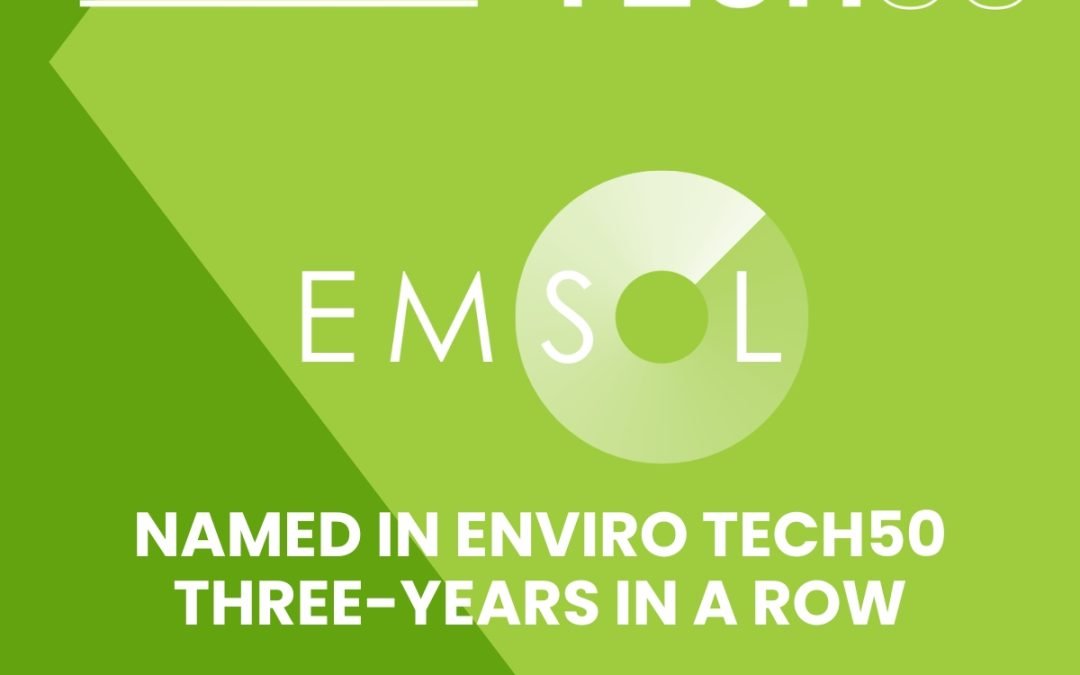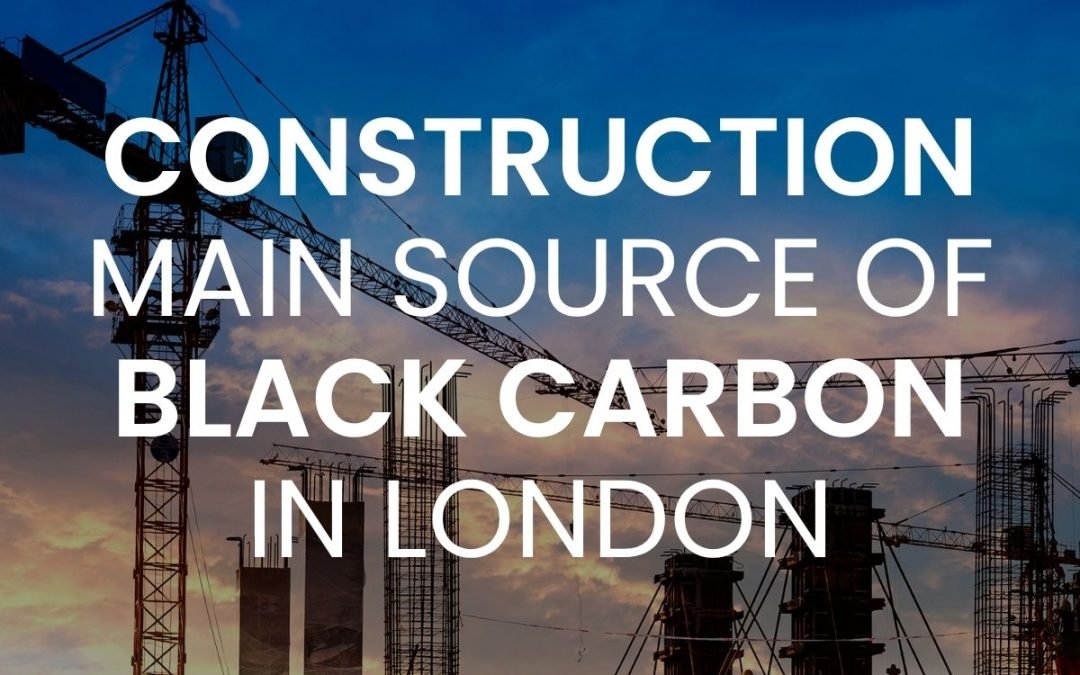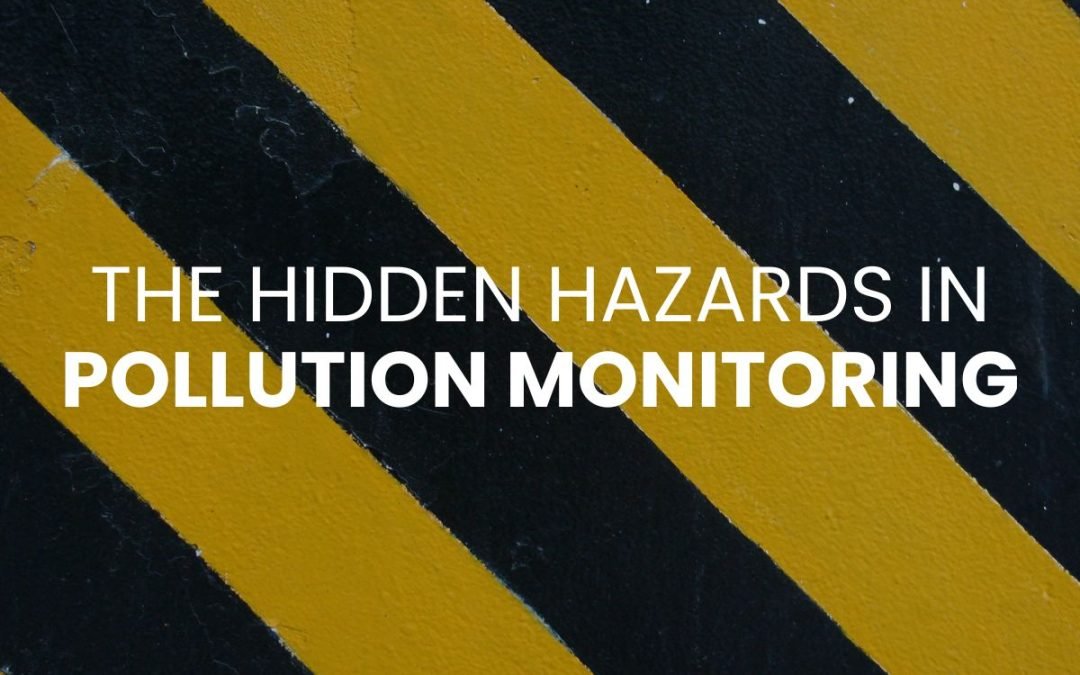With many businesses declaring GHG and decarbonisation strategies are they missing a critical opportunity?
There are two crises today. The first is the climate crisis and the risk of reaching a tipping point in climatic change and heating. To solve this we must work at a global level to reduce CO2 and GHG emissions. COP26 and the Paris Agreement were two examples of the international cooperation needed to reduce CO2.
The second crisis is the air quality crisis and its associated respiratory health risk. Harmful pollutants such as NO2, NOx, and particulate pollution risk the health of millions around the world. Outdoor air pollution causes over 4.2 million deaths every year. While the problem is global the cause, solution, and effect is local and immediate.
By reducing pollution from fuel burning, such as heating, industry, and transport, millions can get access to clean air. If you are interested in this topic, you can read more about the differences between air quality and carbon reduction in our recent post.
With many businesses now drawing a line in the sand with their support for decarbonisation, we need to ensure the solutions adopted are the most effective and lead to improvements in the environment and for human health.
The briefing paper, Joined-up Action on Air Quality and Climate Change, finds that factoring in wider savings on healthcare, economic productivity and inequality reduction from tackling air pollution when deciding upon climate policies can support bolder, faster action on air pollution and climate change. In other words, a co-ordinated consideration of climate and health impacts leads to more effective change.
At a national level, it is estimated that spending €38-40 billion a year to adopt all feasible measures to control both greenhouse gases and air pollution would generate up to €157 billion per annum in health benefits.
The briefing paper, released during COP26 was heavily focused on persuading national governments to take action. However, the benefits do not stop at the national level. Indeed businesses stand to benefit from this coordinated thinking as they plan their sustainability strategies. We talk about this on a recent downloadable guide.
Two sides of the same coin
It is worth noting that today approaches to reducing pollution from CO2 and harmful pollutants are considered separately. Here are a few examples:
Vehicle emission regulation from the European Commission uses the Euro standards, e.g. Euro VI, as the key tool for reducing NOx and PM. Meanwhile separate legislation is being used to reduce CO2. This can cause issues, for example, HGV that were previously not subject to CO2 regulation have used aftertreatment systems that reduce NOx but increase CO2.
Local and national governments have placed a great deal of emphasis on air quality over the past decade. Air quality legislation was made law in England through the Air Quality Standards Regulations 2010. This devolved responsibility to national (England, Wales, Scotland) and local governments.
Many of the policy measures that followed have focused on reducing NO2 and PM using measures like Air Quality Action Plans or Clean Air Zones. The stated focus of all these measures is to reduce harmful air pollutants. It was only in 2019 that many councils began to pass Climate Emergency legislation setting GHG reduction targets. Around this time the national level conversation also turned to Net Zero.
At a policy level, adoption of tough air quality standards alongside climate action would ensure the environment and public health are improved. The total cost due to PM2.5 and NO2 to the NHS and social care is estimated to be £1.6-5.56 billion by 2025. Measures to reduce pollution have a clear benefit to public health and the costs of social care.
As we mentioned above, it isn’t just public policy that would benefit from joined up thinking. Businesses who are responsible for pollution across their operations also stand to benefit.
The health impacts impact businesses who suffer from reduced productivity due to pollution and are at risk from increasing liabilities due to poor health (group action on air pollution exposure and is air pollution the next asbestos).
We have argued before, businesses who invest in reducing pollution can also reduce costs in other areas of their operations. Check out our recent webinar focused on the construction industry or a guide we prepared to help businesses achieve ROI from reducing air pollution.
Businesses can benefit from improving customer preference when they are able to evidence their gold-star environmental credentials. Studies show this improve customer loyalty and bring in new customers. A solid sustainability approach can do wonders to boost a company’s reputation.
When considering your sustainability strategy it pays to account for carbon emissions and pollutants. Sustainability teams should consider the health, productivity, and reputational aspects of their broader environmental impact.
Start by understanding how you can measure these pollutants. For example, how can you provide accurate measurement from vehicles and third-party supply chain activity on your site?
At EMSOL we make this easy for businesses. You no longer need to be an expert in pollution to reduce your impact. When air quality levels spike we send out a simple alert, allowing teams to quickly investigate, act, and reduce. EMSOL is also the first of its kind to highlight the possible cause, be it a vehicle entering the site or idling or wider environmental factors. This makes taking action even clearer.





